EU policymakers have been urged to shake up European diets by pouring public money into creating lab-grown meat as a viable mass-market alternative.
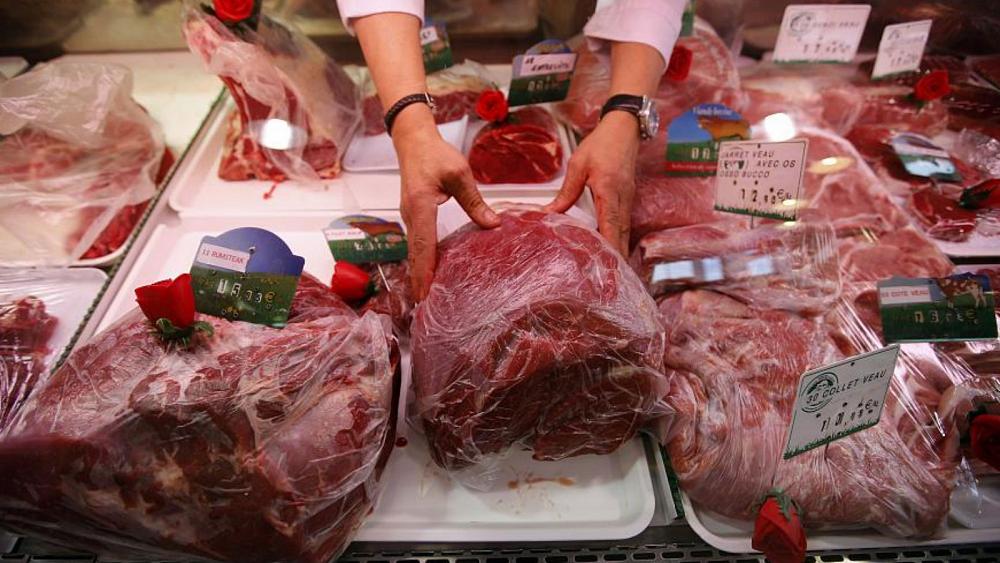

95 percent less water circa 2018.
Open-source farming could challenge Big Ag and take crop production to new heights.
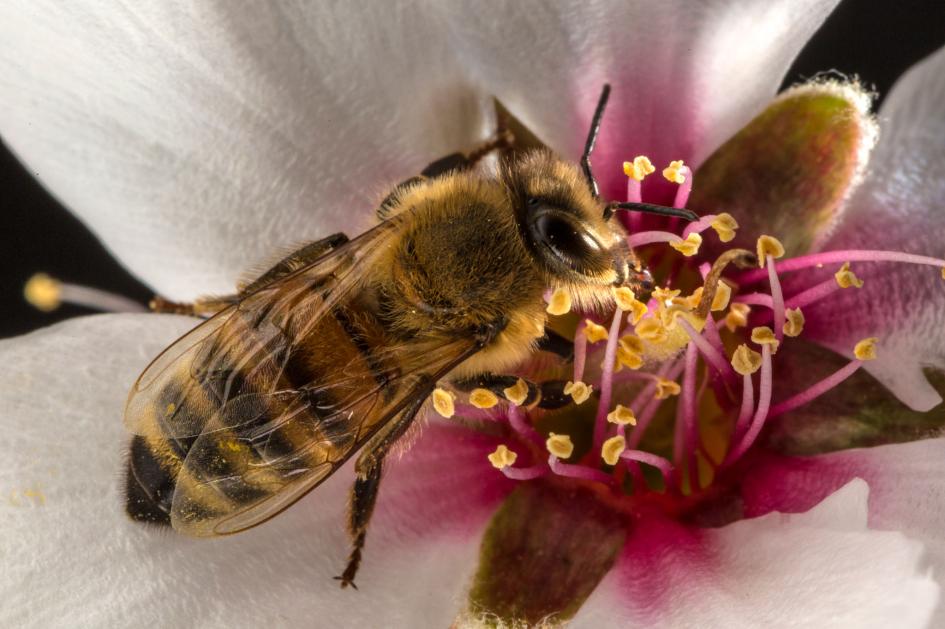
There are 1.4 billion insects for each one of us. Though you often need a microscope to see them, insects are “the lever pullers of the world,” says David MacNeal, author of Bugged. They do everything from feeding us to cleaning up waste to generating $57 billion for the U.S. economy alone.
Today, many species are faced with extinction. When National Geographic caught up with MacNeal in Los Angeles, he explained why this would be catastrophic for life on Earth and why a genetically engineered bee could save hives—and our food supply—worldwide.
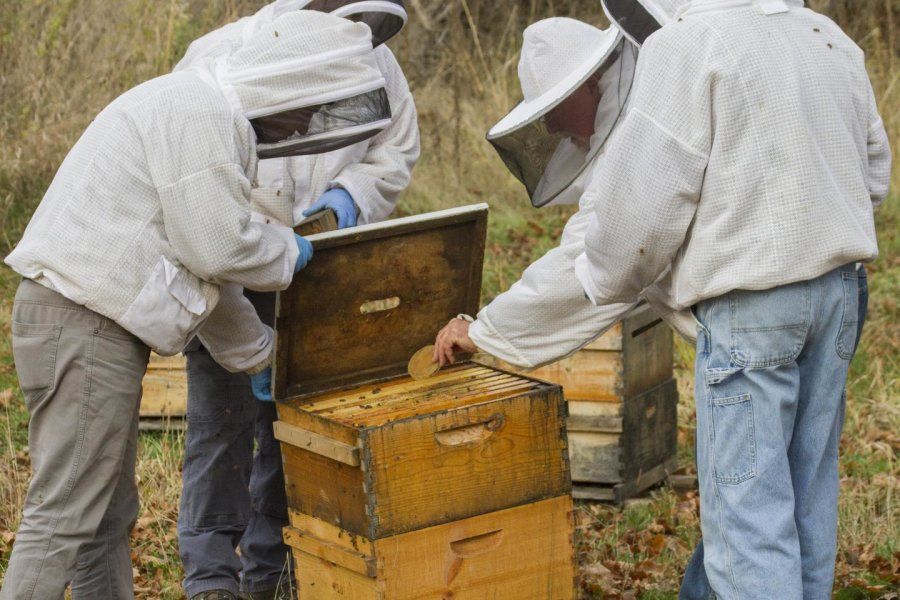
In field trials, colonies fed mycelium extract from amadou and reishi fungi showed a 79-fold reduction in deformed wing virus and a 45,000-fold reduction in Lake Sinai virus compared to control colonies.
Though it’s in the early stages of development, the researchers see great potential in this research.
“Our greatest hope is that these extracts have such an impact on viruses that they may help varroa mites become an annoyance for bees, rather than causing huge devastation,” said Steve Sheppard, a WSU entomology professor and one of the paper’s authors. “We’re excited to see where this research leads us. Time is running out for bee populations and the safety and security of the world’s food supply hinges on our ability to find means to improve pollinator health.”

Killing ticks and inoculating people has failed, so researchers try immunizing mice via vaccine-laced food.
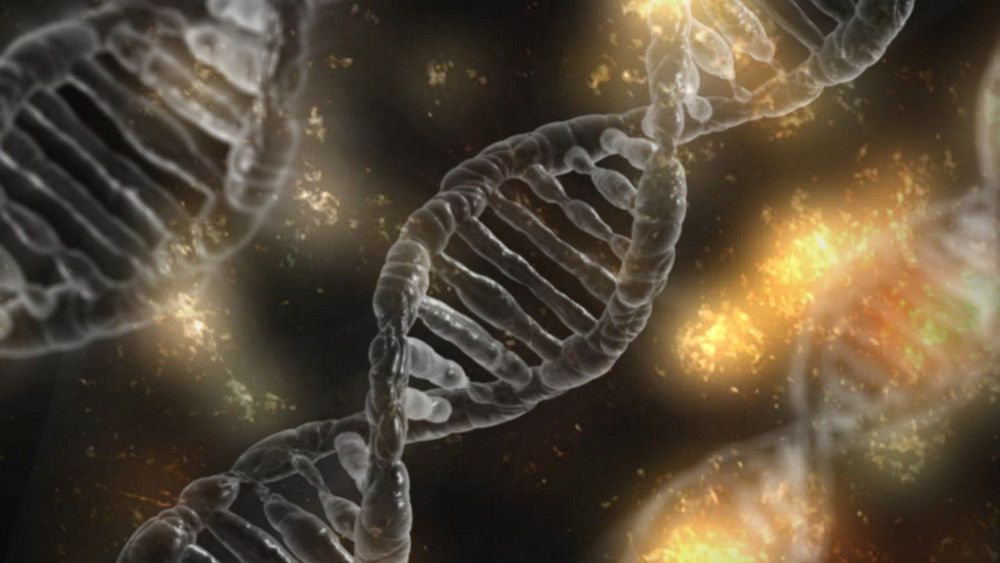
Scientists have discovered that grasses are able to short cut evolution by taking genes from their neighbours. The findings suggest wild grasses are naturally genetically modifying themselves to gain a competitive advantage.
Understanding how this is happening may also help scientists reduce the risk of genes escaping from GM crops and creating so called super-weeds—which can happen when genes from GM crops transfer into local wild plants, making them herbicide resistant.
Since Darwin, much of the theory of evolution has been based on common descent, where natural selection acts on the genes passed from parent to offspring. However, researchers from the Department of Animal and Plant Sciences at the University of Sheffield have found that grasses are breaking these rules. Lateral gene transfer allows organisms to bypass evolution and skip to the front of the queue by using genes that they acquire from distantly related species.
Circa 2018
From medical to agricultural to solar, quantum dots have uses far beyond the humble TV.

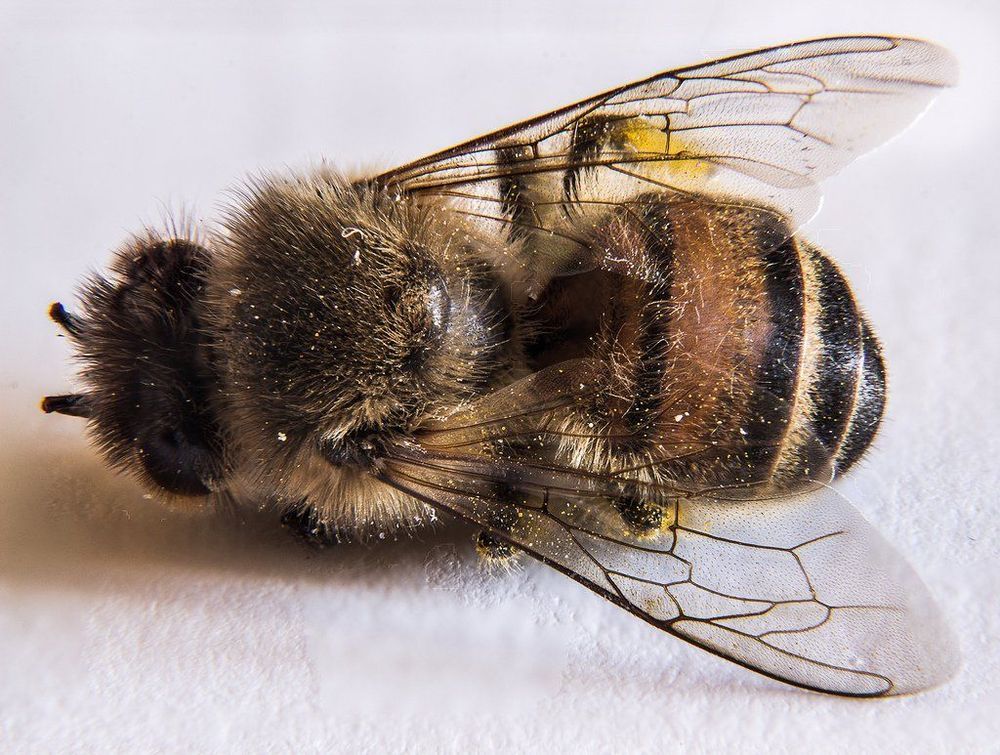
The excessive use of pesticides has brought about numerous disastrous effects on the environment, and among them, it has recently drastically reduced the bee population in various areas of the world. Yet, not many countries took remedial measures, even after realizing the dangers, but this was not the case with France.
It is on track to becoming the first European country to ban five pesticide varieties, as scientists believe that these neonicotinoids are extremely dangerous since they kill bees.
However, while bee-keepers and environmentalists are extremely happy with this decision, sugar beet and cereal farmers are not very excited about it, since they are afraid that in this way, their crops will be more prone to pests and insects.

Plants are master chemists, and Michigan State University researchers have unlocked their secret of producing specialized metabolites.
The research, published in the latest issue of Proceedings of the National Academy of Sciences, combined plant biology and machine learning to sort through tens of thousands of genes to determine which genes make specialized metabolites.
Some metabolites attract pollinators while others repel pests. Ever wonder why deer eat tulips and not daffodils? It’s because daffodils have metabolites to fend off the critters who’d dine on them.